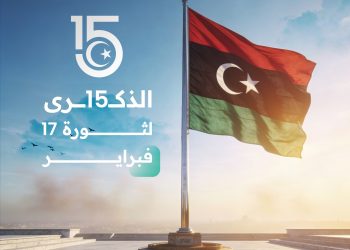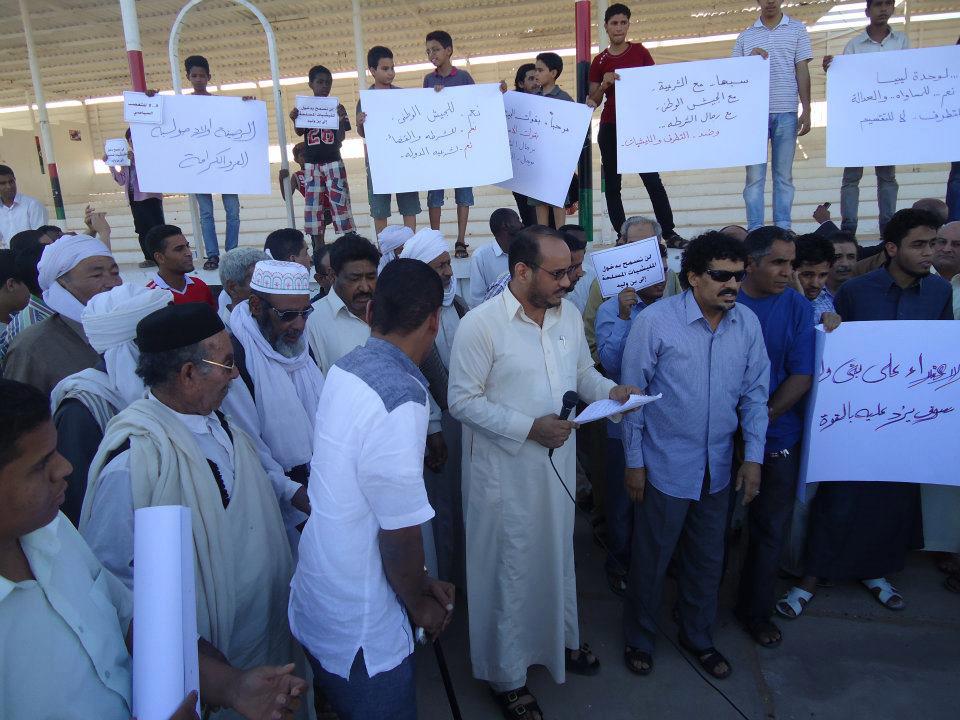By Sami Zaptia.
Tripoli, 21 May 2012:
Libya’s National Transitional Council (NTC) has now issued Law No. 36 2012 dated 2 May, which was . . .[restrict]released this week entitled ‘The Administration of the Assets and Properties of Some Individuals’.
By virtue of this law, the assets and properties of 338 entities listed in the attachment to the law, of which the first 260 are individuals and the remaining 79 are companies, including branches of foreign companies, are frozen.
Article 1 of Law No. 36 makes the law quite broad in that it stipulates that the freezing of assets and properties applies to the named persons’ spouses and offspring too. It also allows for the government to add properties or assets to the list of by virtue of decree. It only allows the government to add people to the list who are abroad.
Articles 2, 3 and 4 give the power to a judge appointed by the Minister of Justice as administrator to do as he pleases with these assets including selling them or in the case of companies shutting them down.
Article 8 does not give the right to those listed to seek justice via either a civil or commercial court in Libya. Articles 10, 11, 12 and 13 invite any parties that feel that they have been harmed by this law to present their case to the administrator to look into and to follow the specifically set appeals process.
As would be expected, the list starts with the eleven members of the immediate Muammar Qaddafi family, including all his biological children, Hana (his adopted daughter), and his wife Safia Firkash. It also goes on to list another thirty or so persons with ‘Qaddafi’ as part of their name or surname.
The list also includes numerous other relatives or members of his regime including Abdul-Salam Jalud, Mustafa Kharubi, Ahmed Qaddaf-Adam, Sayed Qaddaf-Adam, Baghdadi Mahmoudi, Bashir Salah, Abuzaid Dorda, Tuhami Khalid, Izzedin Hinsheri, Ali Kilani, Abdallah Mansur, Maatug Mohamed Maatug, Ammar Ltaief, Al-Tayib Al-Safi Al-Tayib, Hamid Al-Hidairi, the late Shukri Ghanem, Abdulhameed Dubaiba, Ali Dubaiba, Abdulsalam Kirfakh, Abdallah Badri, Mohammed Leyas and Mustafa Zirti.
There are 78 companies in the list, including branches of foreign companies. These include:
LMC International Consultancy, ODAC, HIB, the Qaddafi Charity Foundation, all companies that are part of the Libyan ‘Inma’ Economic Social Development Fund (ESDF), Oyia Tourism Investment (Janzur village), Summa Mahary hotel, Aramex, One-Nine Holding, Ras Al-Hilal for Marine Services, Wattasimo Charities, Libya Holdings, Marina Company (a branch of a Greek company), Wafa bank, Al-Karmood Car Imports (ex Peugeot-Citron distributor), Jerma Shipping, Al-Hani, Impregilio Construction, Shapoorji Pallonji, CCC, Libo Insurance, Ramco Construction, Yamata Construction, FM construction and Marco Polo Construction.
It will be very interesting to see how the NTC deals with this law. It is notable that it released it towards the end of its time in office with elections due in less than a month.
Many business people that allegedly either dealt with the previous regime or who at least prospered under the previous regime contributed to varying degrees to the 17 February Revolution.
Libyans wondered whether the NTC had promised a pardon to some of these people in exchange for financial support during the time when the NTC was struggling for life. However, now with the late release of this law at the end of the lifetime of the NTC’s tenure, it looks as if the NTC is calling time on its some of its financial backers.
For example, it is popularly believed that both Abdulhameed Dubaiba and Ali Dubaiba of the multi-billion Libyan government construction implementation arm ODAC, contributed financially to the revolution. It has never been clarified to what extent was their contribution, and the NTC has not come out in public and acknowledged or denied this contribution.
The matter of the source of those finances is what is allegedly the reason for their presence in this list. Libyans, post-17 February Revolution, will have to decide whether the success of the revolution was more important than whether any of the contributors could not pass the Integrity and Transparency Committee’s test.
And whether it is equally morally correct to take financial support from questionable sources in the first place at a time when the revolution had no options, and now in a position of strength turn round and put those sources of finances up for investigation?
It is also felt that there are many more business people who had prospered under the previous regime, but who are not on the list. It will be interesting to see how the implementation of this law proceeds and to what extent new names are added to the original list of 338.
(Libya Herald is aware that many companies are known by a variant of their names and the names above are a translation from Arabic as listed by the NTC.)
updated: 22/05/2012 [/restrict]







